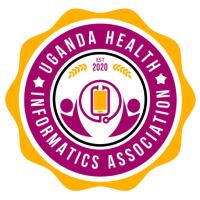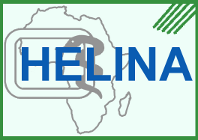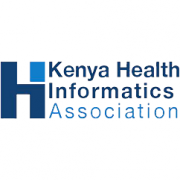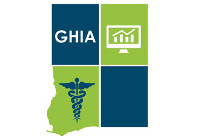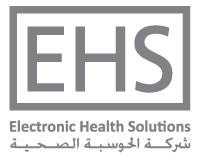Please register for the Global Digital Health Network’s August Monthly Meeting – “Built to Last: the Making of Sustainable Human Resources for Digital Health” – hosted by HELINA (KeHIA, UgHIA, GHIA) and Electronic Health Solutions (EHS).
The online webinar will be held on Tuesday August 18th from 8am – 9:30am EDT / 12pm – 1:30pm GMT / 3pm – 4:30pm EAT & EEST. You may submit questions for our panelists ahead of time through your Zoom webinar registration.
Register here: https://us02web.zoom.us/webinar/register/WN_XBycWAqdQ7i98uG6DdGBxg
Built to Last: the Making of Sustainable Human Resources for Digital Health
As more countries develop and implement digital health strategies and digital technologies, the challenge of growing and maintaining sustainable capacity to adapt and manage digital health systems continues to be highlighted. This month the Global Digital Health Network is extremely pleased to be hosting several local organizations that are leading and building local capacity for health informatics and digital health in their respective locations. HELINA is the umbrella network organisation for health informatics in Africa. The Kenya Health Informatics Association (KeHIA), Uganda Health Informatics Association (UgHIA) and the Ghana Health Informatics Association (GHIA) are country-level networks of professionals with an interest in development, implementation, and use of digital health solutions in research for health, and for health service delivery. These organisations recruit members from public and private sectors, working for MOH, their partner organisations (development, Implementing and funding organisations), academia and research, private sector and students.
Electronic Health Solutions is an innovative technology-driven, private, non-profit company that effectively provides automated solutions to enhance the quality and efficiency of Jordanian public healthcare services. It is jointly owned by the Ministry of Health (MoH), Ministry of Digital Economy and Entrepreneurship, Royal Medical Services (RMS), King Hussein Cancer Foundation (KHCF), Royal Health Awareness Society, Private Hospitals Association and King Abdulla II Fund for Development. The overarching mission of EHS is to elevate healthcare delivery through technology in Jordan. EHS aims to provide easy access to complete electronic health records for patients of healthcare facilities enrolled in Hakeem program through a designated broadband network.
The goals of this webinar are to:
- Share the vision, strategic objectives, and lessons learned of these health informatics professional network organisations
- Establish mutual relationships with other organisations with interests in developing and strengthening human capacity for health informatics
- Support countries to develop capacity building strategies for digital health that are aligned to their national eHealth strategies and Africa CDC’s yet to be launched plan.
The speakers on this webinar will be:
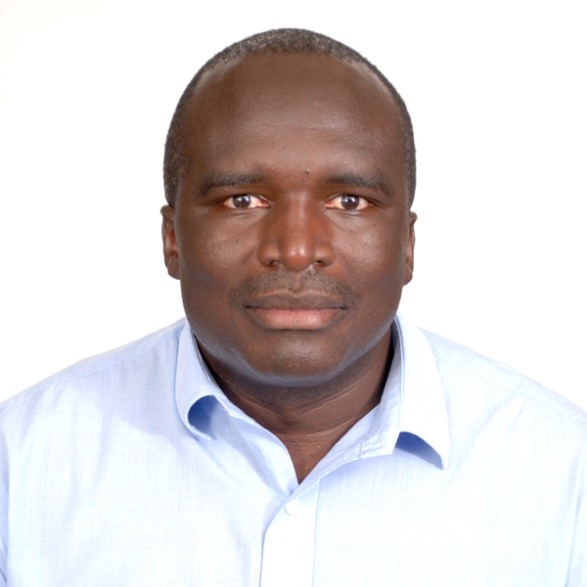
Dr. Tom Oluoch is a health systems expert with an interest in the design, implementation and evaluation of digital health solutions in low income settings. He has vast experience leading the development of innovative digital health solutions and making value proposition through rigorous evaluations. He has successfully led large-scale digital health projects for clinical care, program monitoring, disease surveillance and research in Kenya and provided technical assistance and consultancy services in several African countries including Congo Brazzaville, DR Congo, Ethiopia, Ghana, Malawi, Namibia, Nigeria, Rwanda, Sierra Leone, South Africa, Uganda and Zambia. He has expertise in data management and is an innovative resource in epidemiologic studies, monitoring and evaluation, disease surveillance and human resources for health (HRH). He has contributed to the development of digital health tools that are widely used, including mobile solutions (mHealth). He has served on WHO’s HRH Technical Advisory Group, Africa-CDC Taskforces for Capacity Development and Health Information Exchange Policies & Standards, and is the current President of the Health Informatics in Africa (HELINA). He is also the Chairman of the Kenya Health Informatics Association (KeHIA). He holds a PhD in medical informatics and has published several papers on informatics and epidemiology in top peer-reviewed journals.
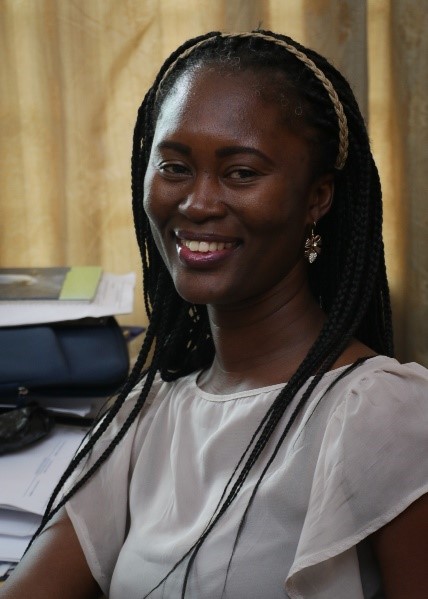
Dr. Frances Baaba da-Costa Vroom is a digital health specialist and Lecturer with the School of Public Health, University of Ghana. Over the last 18 years, Baaba has worked in academia, the health sector and computing industry. She has expertise in IT infrastructure set up and maintenance, development of hospital management systems and end user training and support, teaching and research. Baaba has facilitated workshops on routine health information systems and continuous professional development for health workers. She has consulted for the WHO and the Global Fund on open data sharing, health information data quality assessment and digital health education. Her research focusses on mobile health (mHealth), technology acceptance in health care, health informatics education and digital health benefits realisation. She has peer-reviewed publications and book chapters on digital health and public health. She serves on the executive committee of the Ghana Health Informatics Association and also on the HELINA Board. Baaba holds a MSc in Health Informatics and a PhD in Public Health from the University of Ghana.
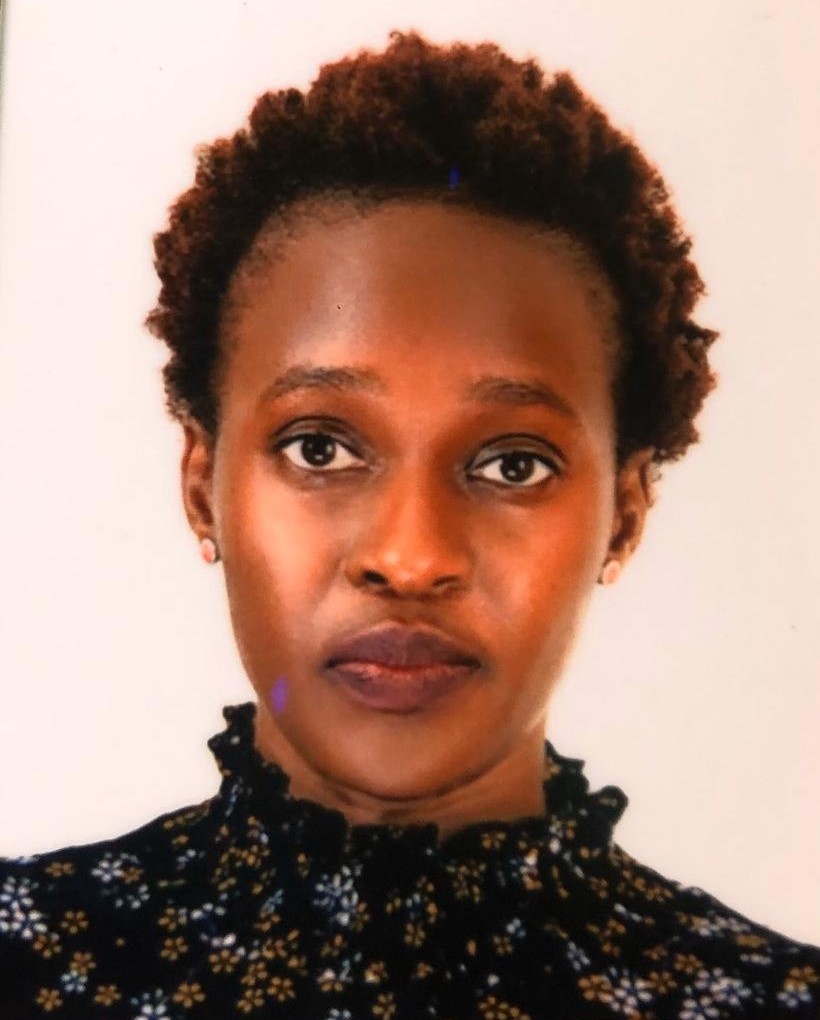
Ms. Carol Kamasaka is a Ugandan national with 10 years’ of experience supporting the senior leadership at national and sub-national levels to access and use strategic data for decision making. She has strong understanding of HIS and digital health having worked collaboratively with various partners. Ms. Kamasaka graduated with a Bachelor’s degree in Information Technology from Makerere University in Uganda and is currently writing her final research thesis for a Masters of Health Informatics degree from the same university. For four years now, Ms. Kamasaka is a Digital Health Specialist a role she has held for the last four years with the Division of Health Information at the Ministry of Health in Uganda. Her roles can be categorized into two: a) core IT infrastructure maintenance; and b) business intelligence, analytics and data governance.
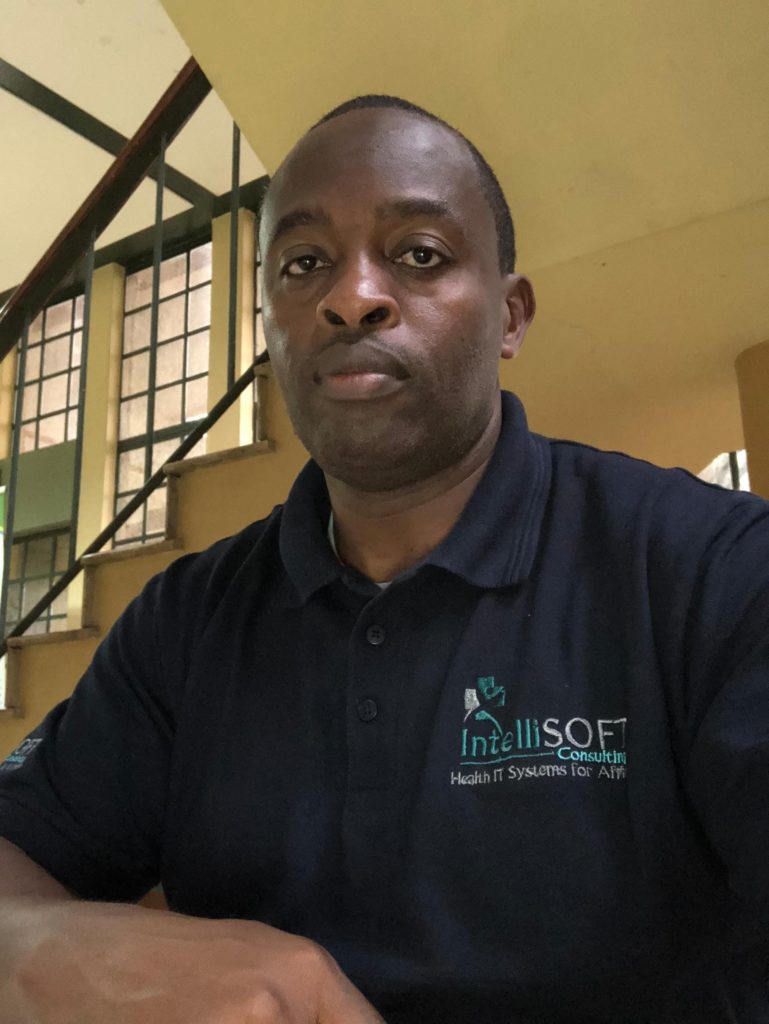
Steven Wanyee Macharia is a digital health specialist with over 20 years experience at the “frontlines” of implementing digital health solutions in LMICs to support research for health and healthcare service delivery. He has led and participated in developing, deploying, supporting and maintaining digital health solutions across more than 10 countries in Africa including; EMRs, mHealth applications, aggregate data M&E systems, and lately, meaningful exchange of data. He has primarily worked with global goods. Additionally, he has extensively supported more than 10 Ministries of Health develop digital health strategies, policies, standards and guidelines for eHealth. Globally, he has worked with leading multi-agency donor and development organizations including WHO, World Bank, USAID, CDC, GIZ, DFiD among others. He serves on several global informatics initiatives including the Digital Health and Interoperability Working Group of the Health Data Collaboratives mechanism, Secretary of the Health Informatics in Africa (HELINA) and is a founder and Secretary General of the Kenya Health Informatics Association (KeHIA). He is an active core member of the OpenMRS and OpenHIE Communities Of Practice and serves on several Ministry of Health Working Groups across East Africa. He was recently appointed to the Health Advisory Board of Safaricom, the largest and most popular Mobile Network Operator in East Africa. Steven is a holder of a Masters degree in software engineering and post graduate training in health informatics.
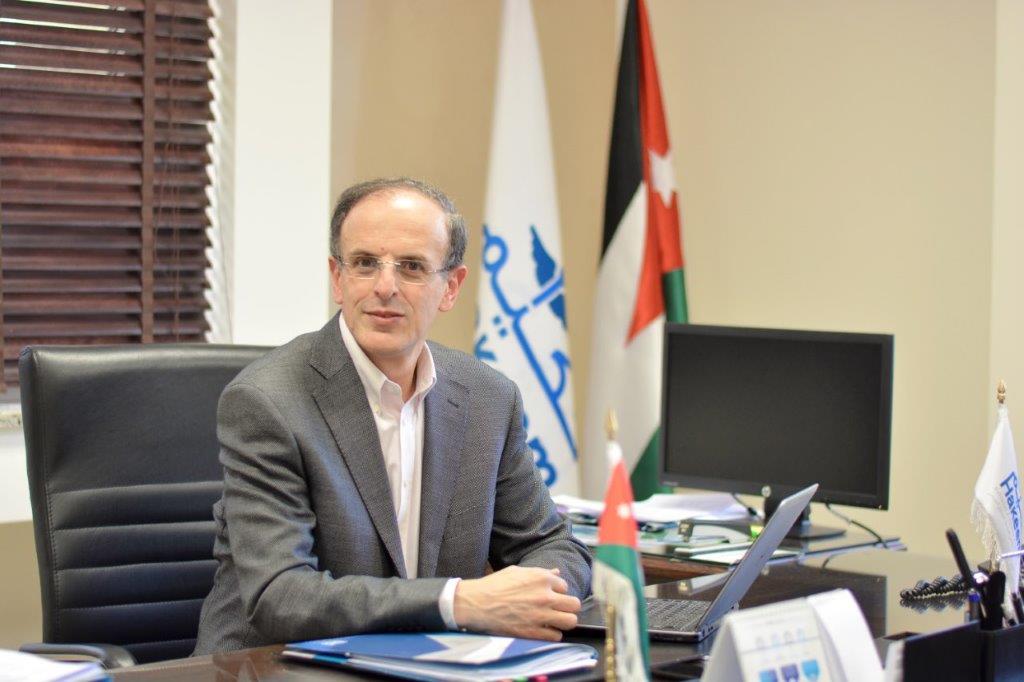
Mr. Feras Kamal has 24 years of experience in healthcare and served in the Jordan Armed forces – Royal Medial Services. During his military service, he participated in establishing the Institute of Biomedical Technology in King Hussein Medical Center. He also worked with the Royal Hashemite Court in various healthcare projects and initiatives. He is currently holding the position of Chief Executive Officer for Electronic Health Solutions, a private, non-profit company that is responsible for automating the public health sector on a national level through Hakeem program.

Joseph Dal Molin, MA is an internationally recognized pioneer and expert in developing and implementing open source digital health solutions, business models, and establishing open innovation communities. He is co-founder and chairman of the WorldVistA non-profit which collaborates with the US Veterans Administration to improve and facilitate international adoption of the acclaimed VistA EHR; a founding board member of OSCAR EMR, a nonprofit established by McMaster University, Dept. of Family Medicine to steward the OSCAR primary care open source EHR. In addition to these roles, he is co-founder and director at SantéSuite Inc., which focuses on immunization management and client registry software development and implementation. Joseph’s accomplishments include helping develop and supervise the software implementation and sustainability strategy for Jordan’s groundbreaking open source based, national e-health infrastructure; leading the development, US certification and capacity building program for WorldVistA EHR; helping plan and kick-start NHS England’s open source program; and co-managing the implementation of OpenIZ/TiMR EIR for the Tanzania BID initiative. He is a recipient of several awards including Wired Magazine’s Rave 2007 Award for Medicine for his work at WorldVistA.
